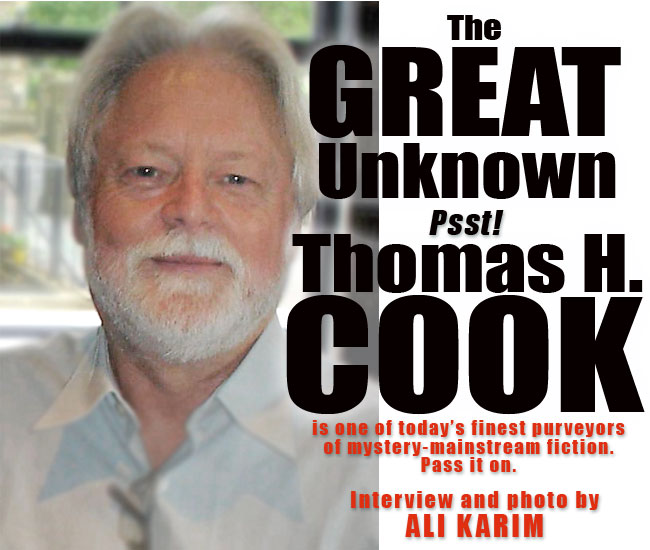New This Month: Sense and Sensibility and Sea Monsters by Jane Austen and Ben H. Winters
 s filled with beautifully bound works with lovely cover illustrations. Collectors editions of Emma and Mansfield Park were nestled in between selected versions equally beautifully produced editions of books written in the style of Austen’s work, a sub-genre that controls a huge share of the market.
s filled with beautifully bound works with lovely cover illustrations. Collectors editions of Emma and Mansfield Park were nestled in between selected versions equally beautifully produced editions of books written in the style of Austen’s work, a sub-genre that controls a huge share of the market.And then there it was, within this unashamedly Regency display, hardly looking at all out of place with its brilliantly executed cover artwork, Sense and Sensibility and Sea Monsters (Quirk), the only hint that something was amiss being the tentacles flowing down the side of the hero’s face like so many rubbery locks.
And you see this display and you can’t help but say, “What’s wrong with this picture?” It just bubbles out of you.
While it’s difficult not to ask “why” when you see all this Austen-ish loveliness lined up in this way, it’s not a question many people are asking these days. Quirk has dropped two books into the sea of Austen take-offs this year. This new Sea Monster book and Pride and Prejudice and Zombies earlier in 2009. Both have been massive hits. I can’t imagine that anyone could have anticipated how big this thing would get.
There’s a great deal I could tell you about this book, but none of it will alter what you already know and feel. You’re either open to this sort of playfulness... or you’re not and, probably, you already know into which camp you fall. The most basic information, then, can come from the back of the actual book, which sets things up quite well and which I can’t resist quoting:
Sense and Sensibility and Sea Monsters expands the original text of the beloved Jane Austen novel with all-new scenes of giant lobsters, rampaging octopi, two-headed sea serpents, and other biological monstrosities .... It’s survival of the fittest -- and only the swiftest swimmers will find true love!Love it or hate it, ambivalence is not an option. And as far as crass spoofs go, this one is very, very good.
Labels: Aaron Blanton, fiction





























